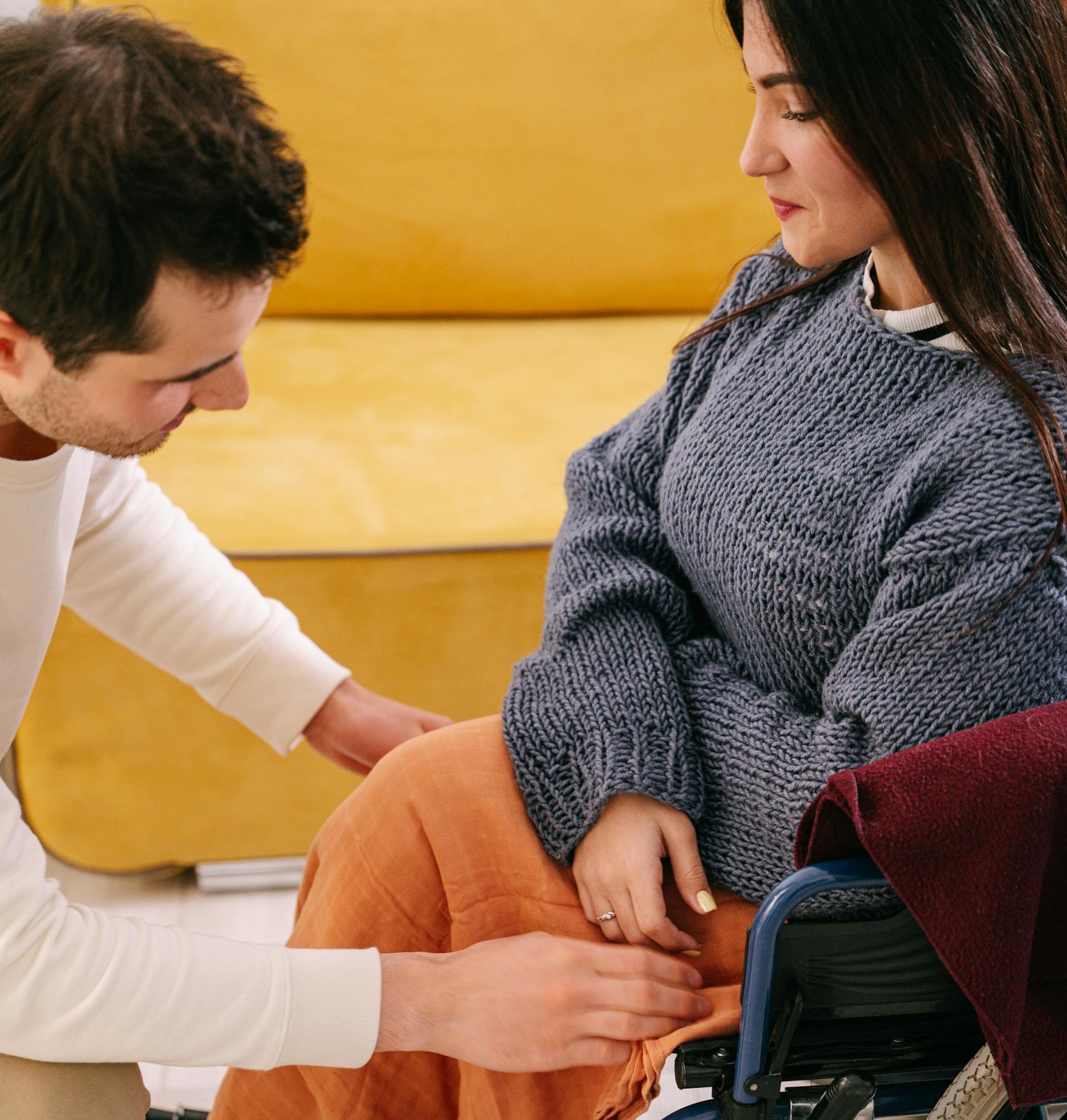- Home
- About Us
- Services
- Accessing & Maintaining Employment
- Advanced Daily Living Support
- Community Engagement
- Community Nursing Care
- Daily Personal Care
- Early Childhood Intervention Supports
- Exercise Physiology & Training
- Group Activities
- Group Home Daily Support
- Household Tasks
- Innovative Participation
- Interpreting And Translating
- Life Skills & Daily Care Growth
- Managing Life Transitions & Supports
- Specialised Support Coordination
- Supported Disability Housing
- Supported Employment
- Therapeutic Support
- Travel Assistance
- Staffing
- Contact Us

